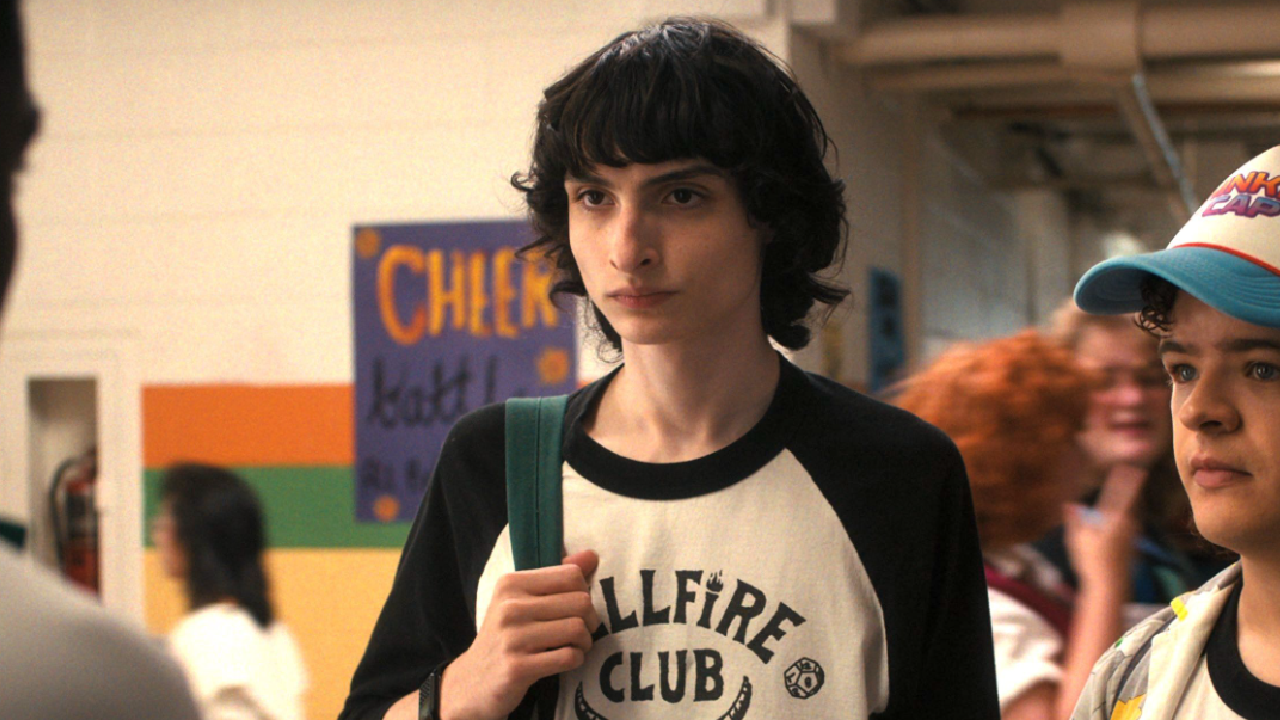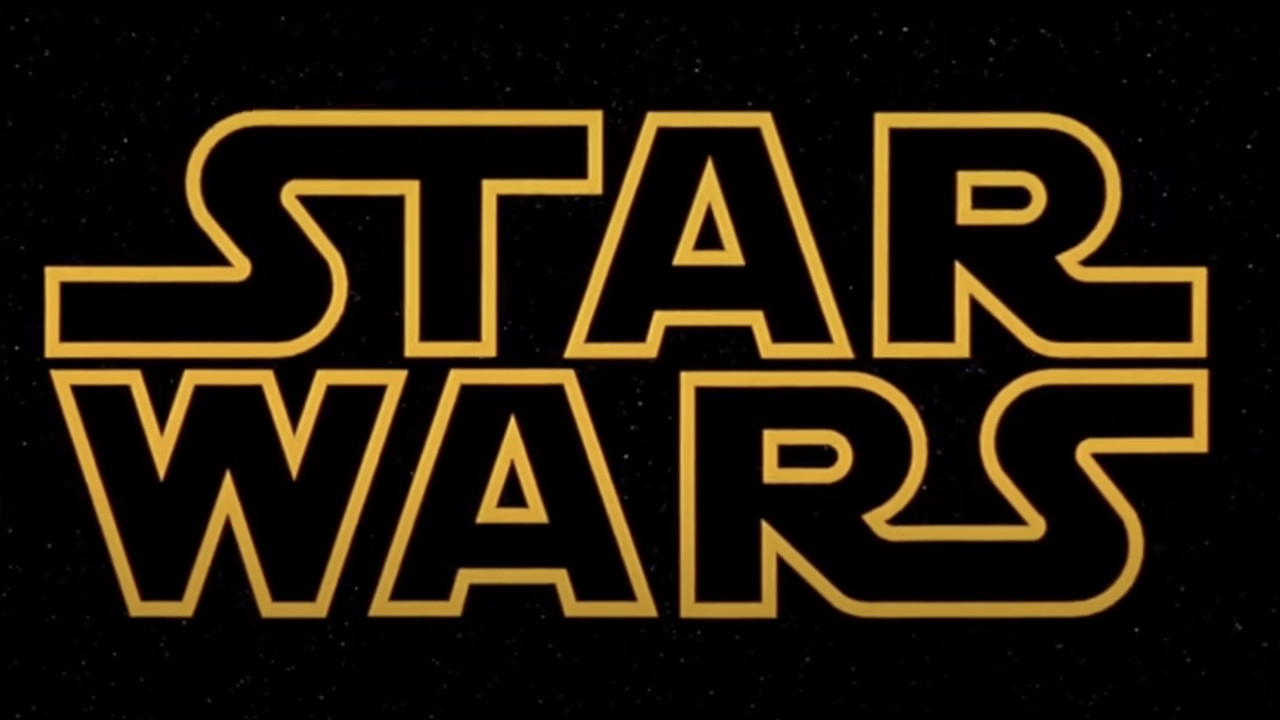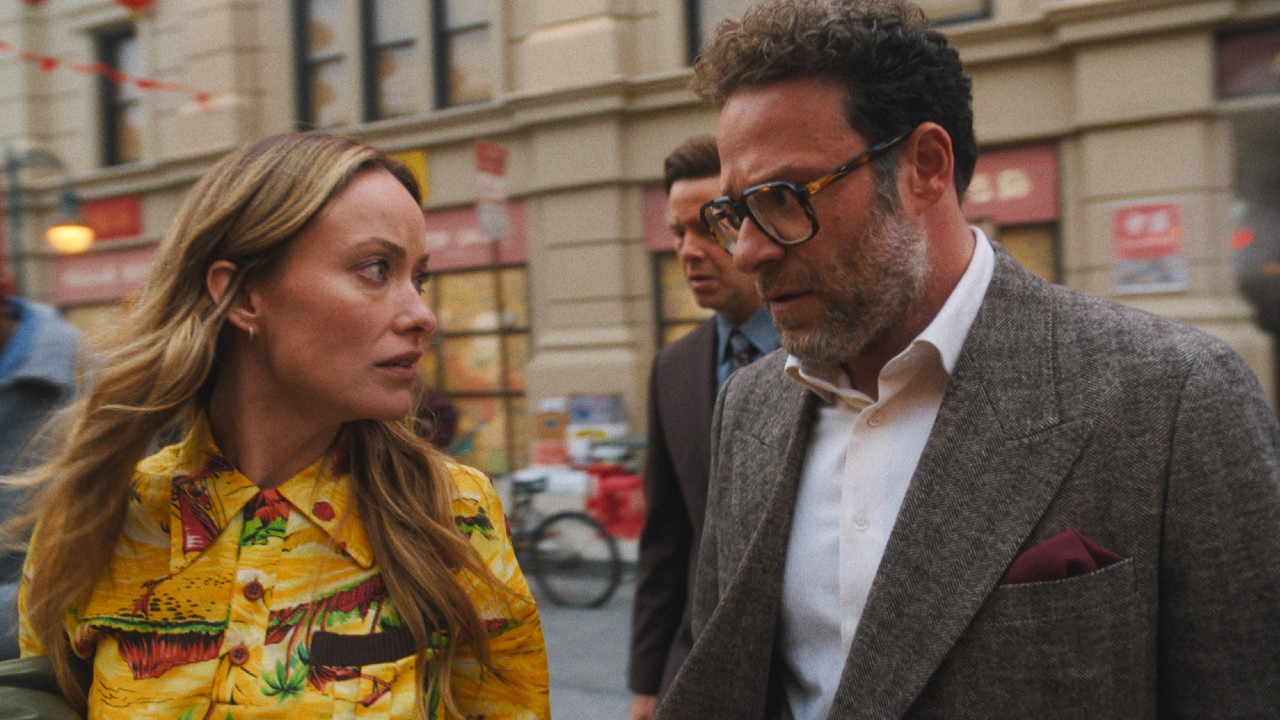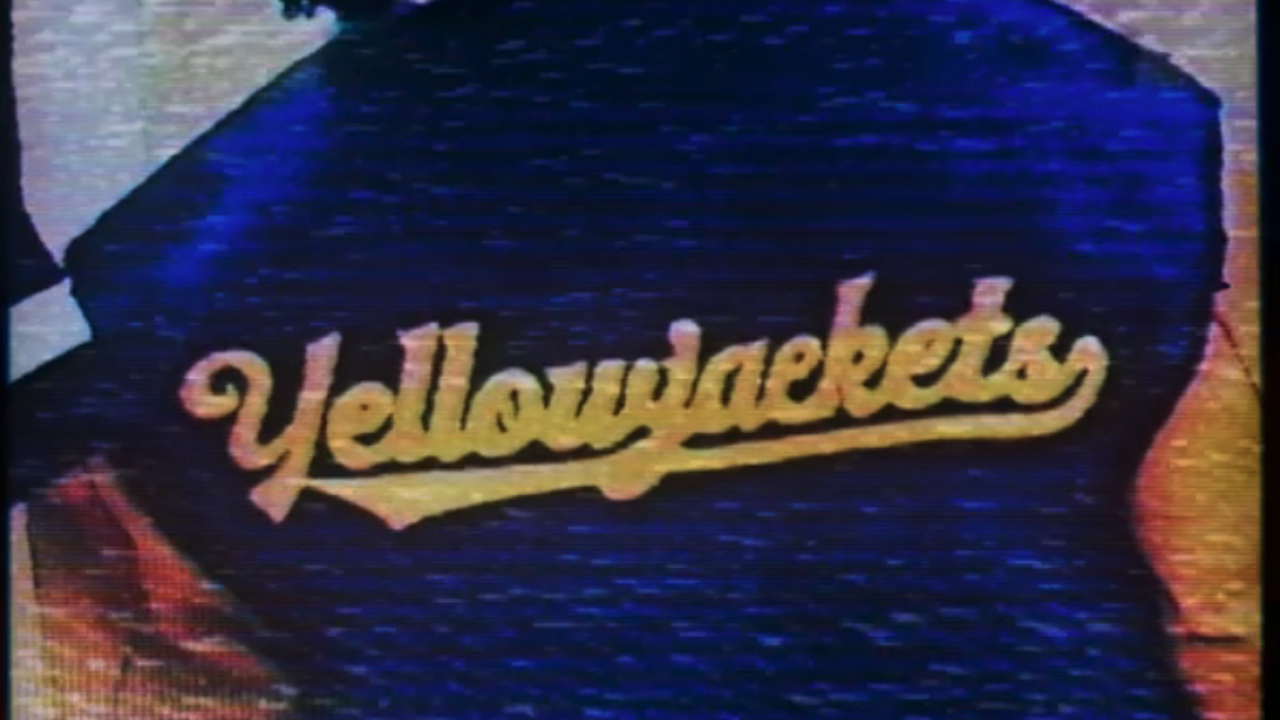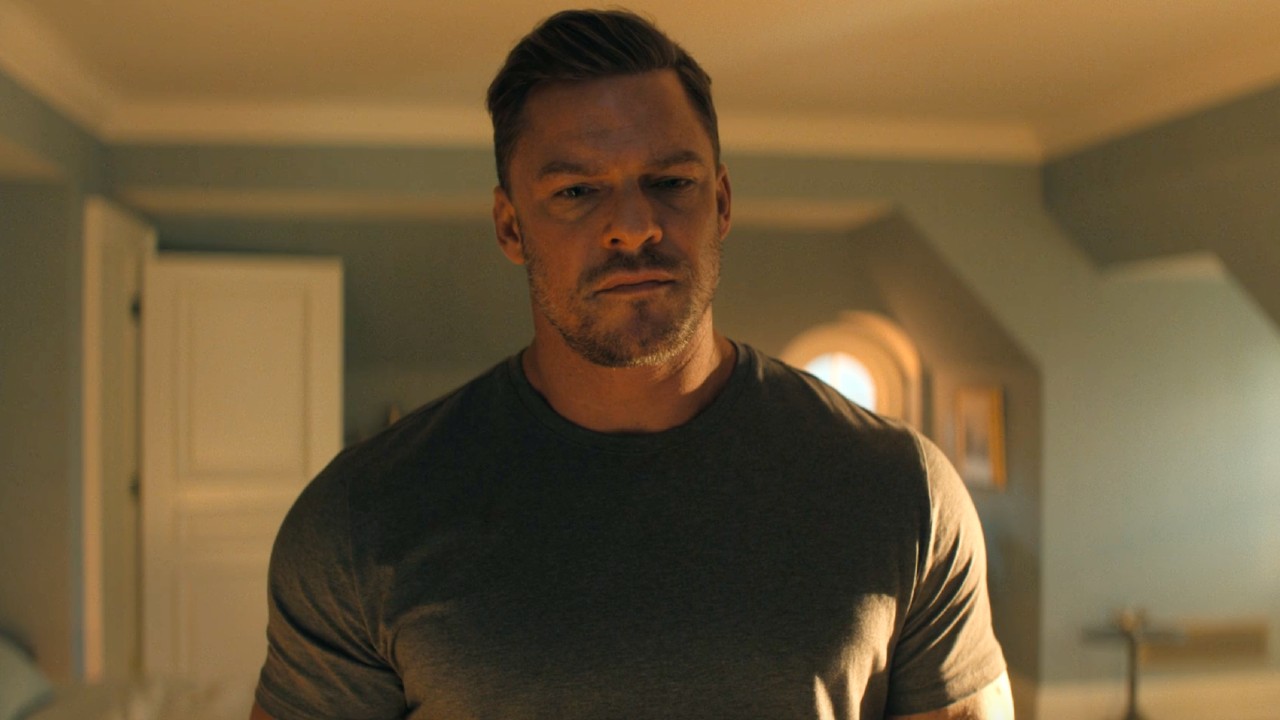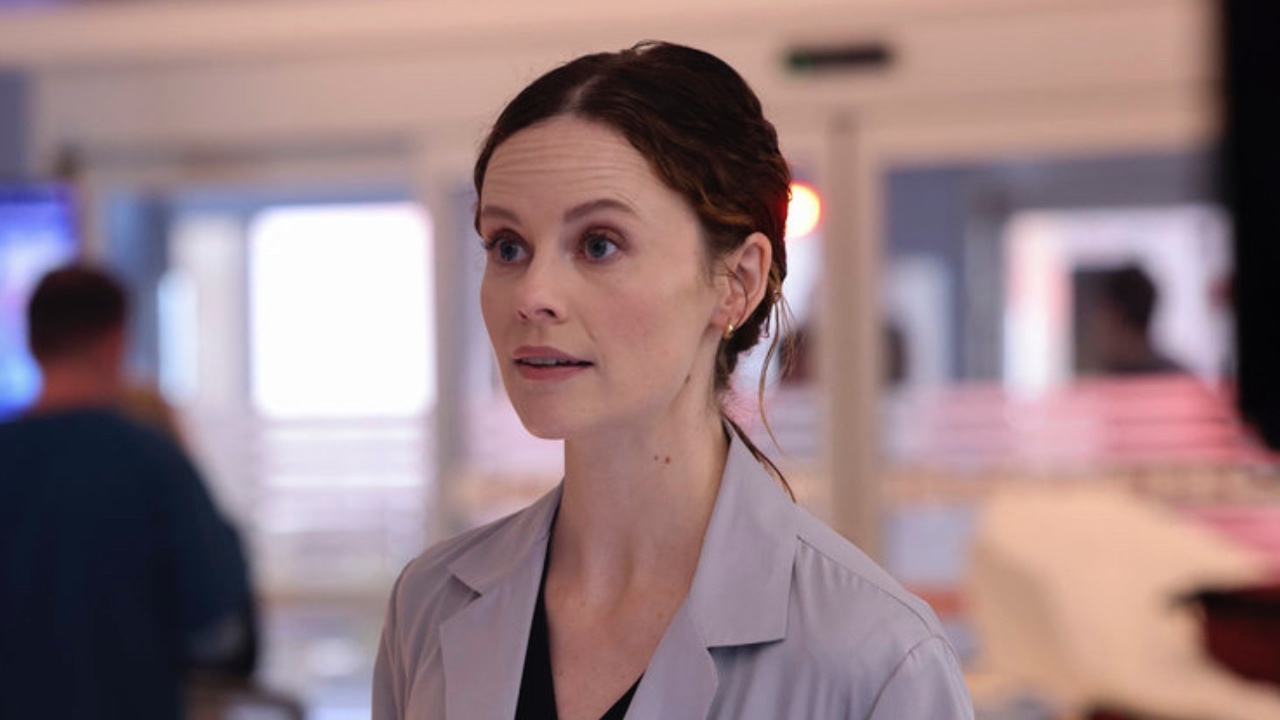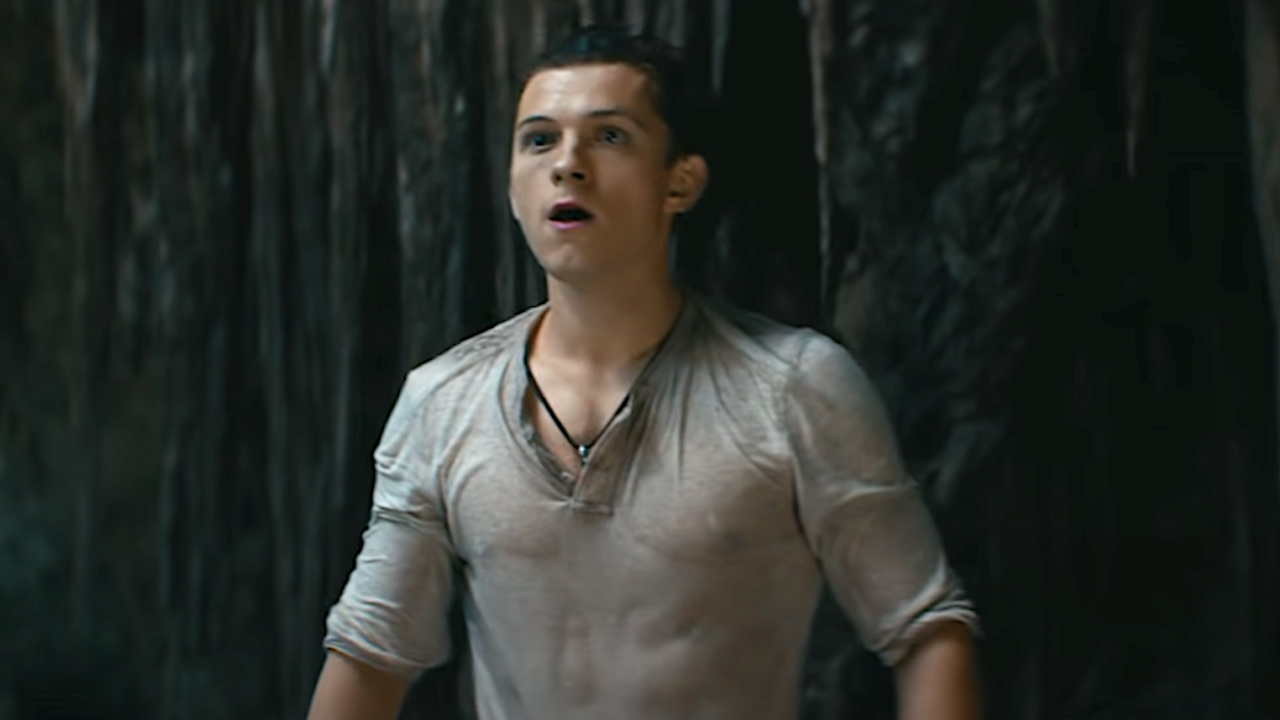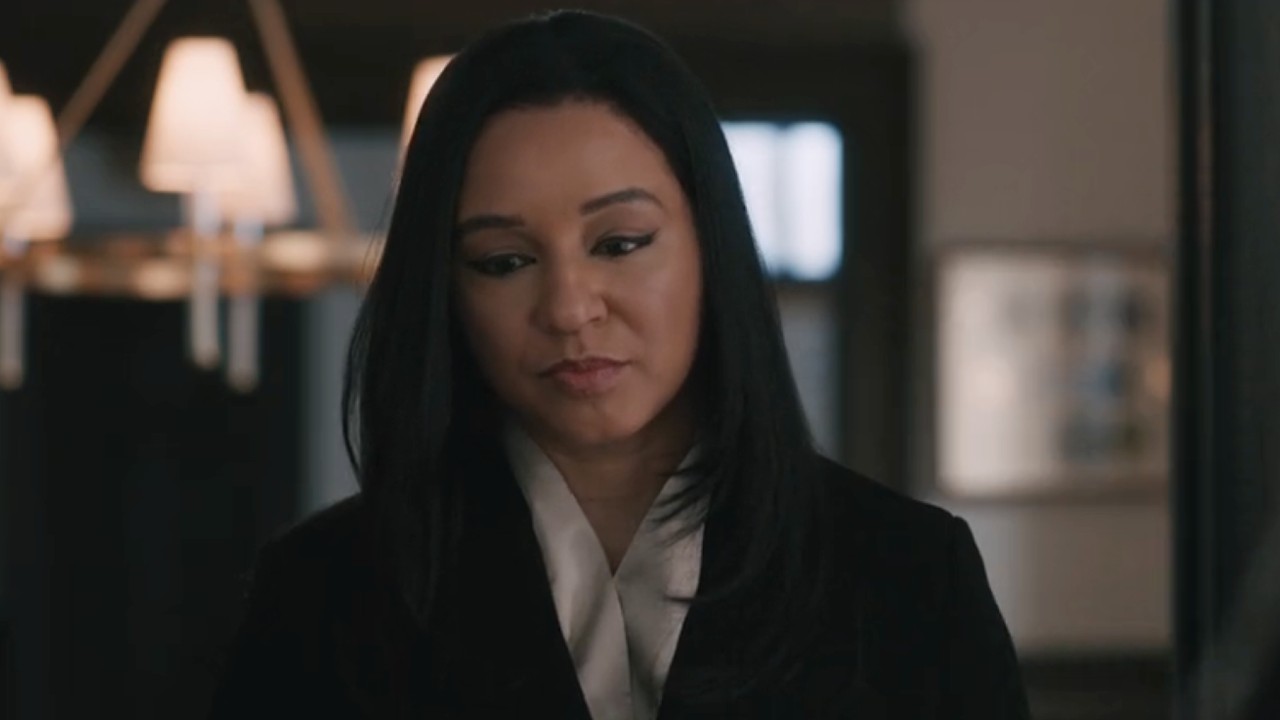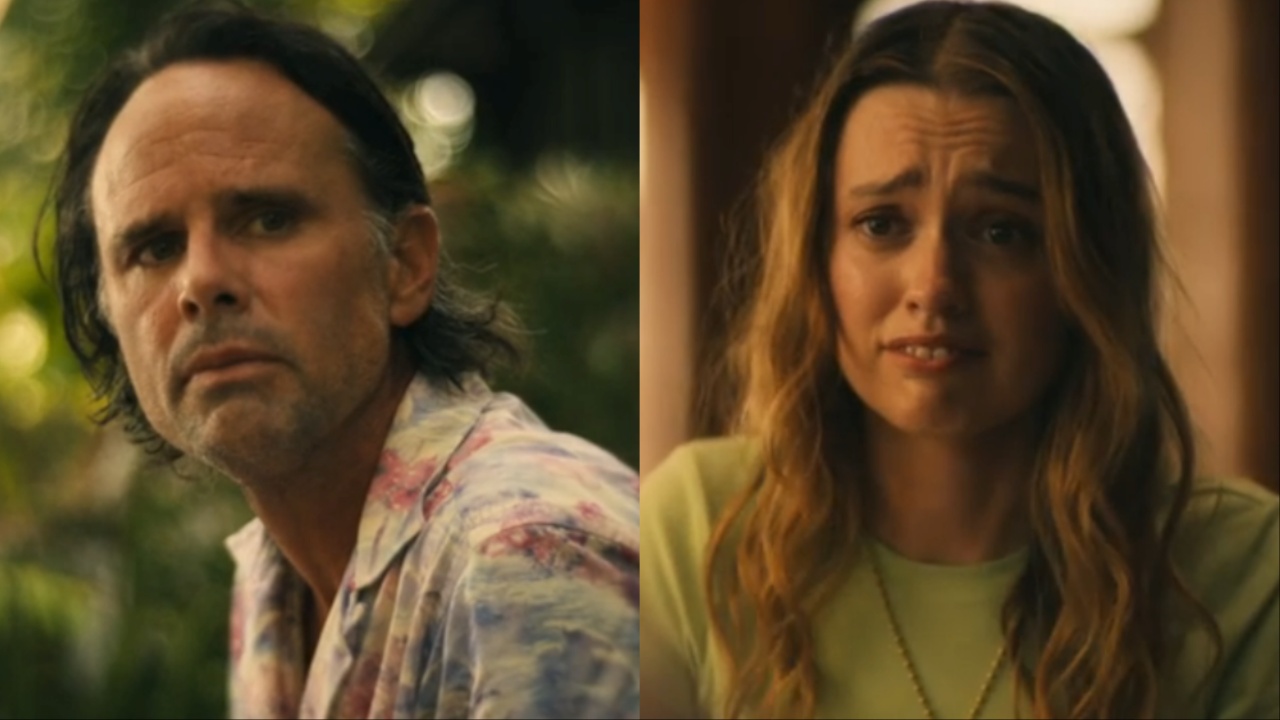There's A Reason Marvel Shook Up Its Origin Story Format For Captain Marvel
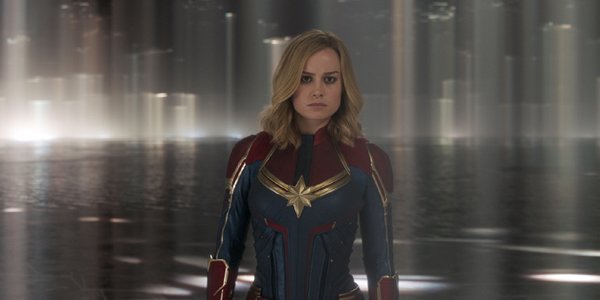
At this point, movie-goers are extremely well-versed when it comes to superhero origin stories – and while their importance is obvious, they’ve also become problematic to a certain degree. After all, while each one has its own story to tell following a specific character with specific abilities, many of them also follow a very familiar narrative structure. We’ve seen it time and time again on the big screen – but that’s also exactly why Anna Boden and Ryan Fleck’s Captain Marvel decided to try something different.
In the making of the movie, Marvel Studios realized that telling the same kind of three act arc again just wasn’t going to work, which is why the story of Carol Danvers stands out – with her first solo film opening with her already having powers, and audiences only learning about her pre-powered life in the film’s second act. It was something I personally very much appreciated about Captain Marvel, and when I sat down with producers Victoria Alonso and Jonathan Schwartz earlier this week, they explained why they felt the story shake-up was necessary. Said Alonso,
For us, we're fans too. So if we're bored with it, we know you're bored. And so that's an easy one. So we need to be interested in it, because we live with it for years. So it's really about how do we want to do it, and which way do we do it that keeps you engaged, that keeps us engaged, and that the people that are not fans perhaps could become [engaged]. Cause that's the whole idea, right?
Following its billion dollar theatrical run earlier this year, Captain Marvel is now getting ready to launch on Blu-ray, and it was during the movie’s Los Angeles home video press day that I had the chance to interview the Marvel Studios veterans about their work on the blockbuster. I brought up my appreciation of the subverted origin structure, and asked if it was something specific to which the franchise was paying attention, and they made it clear that Marvel knows it can’t just be using a familiar formula over and over again.
Specifically referencing Captain Marvel, which is his third Marvel Studios feature as a producer after the first two Guardians of the Galaxy movies, Jonathan Schwartz noted that the discussion about changing up the origin story approach happened early in the development process. There was internal recognition that worldwide audiences know these kinds of movies backwards and forwards at this point – not only from the Marvel Cinematic Universe, but other franchises as well – so the filmmakers knew that they had to try something different when introducing audiences to Carol Danvers. Schwartz explained,
One of the watchwords at Marvel Studios is surprising the audience and subverting expectations and they were kind of giving people what they expect. And we've seen a lot of origin stories from us from other movies. The audience is getting very familiar with those rhythms. And so it felt kind of important to shake it up on a really fundamental level and talk about what else can we do, how else can we get this kind of structure of a movie across.
This is a particularly interesting development for Marvel Studios now given that we are in a post-Avengers: Endgame world. The first generation of the franchise has come to an end, and with Phase Four we will start to see a whole lot of new stories being told in the continuity. If these releases don’t want to get stale, particularly given the plans to regularly release three titles per year, changes need to be made.
Victoria Alonso, who has been with Marvel Studios from the very beginning, made this very clear as she addressed how the company is looking at origin stories in the future of the MCU. Responding to the second half of my question about how these kinds of narratives are being approached looking into Phase Four and beyond, she noted,
If we don't have people following this particular character or any of our characters, then we don't have a future, and there's no other generation to watch our stuff. So shaking things up is something that we've become quite familiar with.
Needless to say, our anticipation for projects like The Eternals and Shang-Chi is only increased with this shared sentiment, as excitement grows wondering how Marvel Studios will change things up while telling those specific stories. And, of course, we continue to wonder about all of the other fascinating characters from the pages of the comics that might eventually make their way to the big screen.
CINEMABLEND NEWSLETTER
Your Daily Blend of Entertainment News
Audiences now have the opportunity to experience the start of Marvel’s second generation of origin stories, as Captain Marvel is not only now available for digital download, but will be available for purchase on Blu-ray next Tuesday, June 11th. Between now and then, be sure to stay tuned here on CinemaBlend for more from my interview with Victoria Alonso and Jonathan Schwartz, as well as all of our Marvel coverage.

Eric Eisenberg is the Assistant Managing Editor at CinemaBlend. After graduating Boston University and earning a bachelor’s degree in journalism, he took a part-time job as a staff writer for CinemaBlend, and after six months was offered the opportunity to move to Los Angeles and take on a newly created West Coast Editor position. Over a decade later, he's continuing to advance his interests and expertise. In addition to conducting filmmaker interviews and contributing to the news and feature content of the site, Eric also oversees the Movie Reviews section, writes the the weekend box office report (published Sundays), and is the site's resident Stephen King expert. He has two King-related columns.
Kevin Bacon Has Some Beef With James Gunn Calling Him Out In The First Guardians Of The Galaxy Movie: 'I Don't Get Paid For You Saying My Name'
Chris Evans And Michael B. Jordan Have Already Played Human Torch, But Fantastic Four's Joseph Quinn Knows What's 'Sexy' About His Own Take
